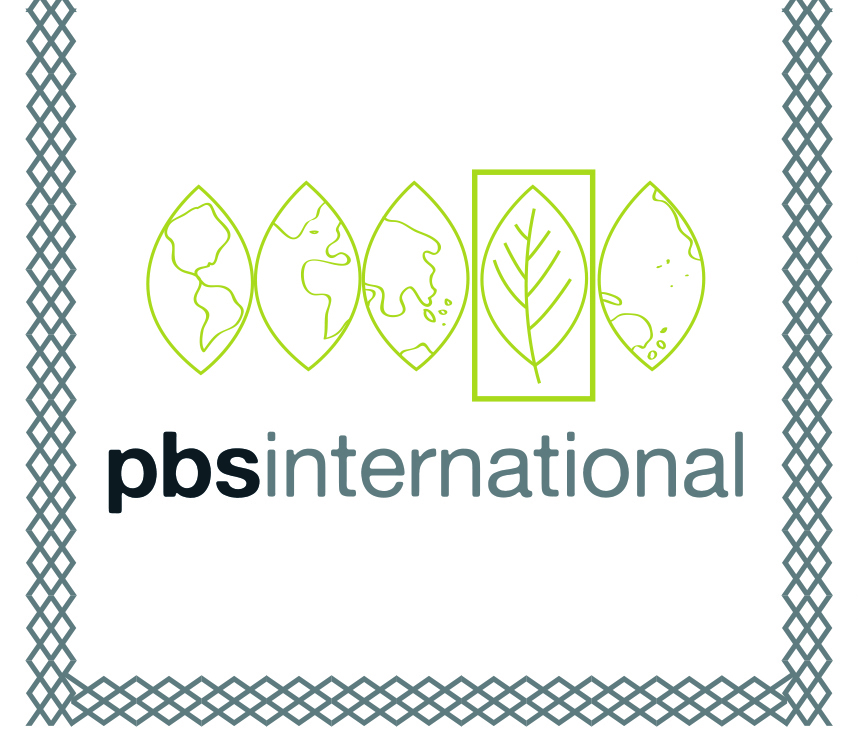During March I spent a week in the US South, driving through Georgia and the Carolinas to meet with members of the North Carolina State University Cooperative Tree Improvement Programme (NCSU CTIP), visiting their spectacular seed orchards and getting feedback on the busy breeding season.
Pollination season in Loblolly Pine is quite spectacular. Male flowers, or catkins as they’re known, produce clouds of pollen that’s carried by the wind to find receptive female flowers. This natural “open pollination” ensures that reproduction takes place, seeds are produced and the species continues to thrive. For forestry companies across the South, to ensure that their commercial seedlings are descended from parents with known traits – such as drought or rust resistance – plant breeders work with mother nature to help guide the right pollen to the right flower. Effectively they control the pollination process on a mass scale.

Commercial seed production of loblolly pine with the best genetics is an expensive process. Over a period of just a few weeks in the spring, crews of workers are brought in to remote orchard seed locations, mobilised to cover female flowers up to 80ft up with pollination bags, revisit each bag multiple times to puff in pollen, then remove the bag and return 18 months later to harvest the resulting cones. So, this is the area where PBS International come in…
We have been a Research Associate of the NCSU CTIP for several years now, working collaboratively with the members to develop a pollination bag that is breathable; robust; easy to place over the flower; holds it shape for the duration of the season; maintains an environment that promotes the healthy growth of the flower and most importantly, stops contamination from unwanted pollen….not an easy task!

2019 was the first year that the CMP.55 bag we developed during the NCSU CTIP studies was used on a mass scale. It’s always nerve-wracking when a new product comes to the market. Despite all the research and evidence being in place prior to launch, there can be issues that arise which didn’t rear their head during the trials.
Thankfully, from the positive feedback we received, this does not appear to be the case! The CMP.55 has proved to be a success, with members reporting that the bag stayed open really well throughout the season, protecting the flowers from damage and in some cases, they were able to get circa 60% more bags on the trees per day using our product vs industry standard paper bags with a wire. This alone has a huge impact for our customers in terms of reduced labour costs. Add to that the improved flower survival odds and the potential increase in cone/seed yield that will hopefully transpire during further research work this year, we certainly feel it’s been several years of worthwhile work.
My final meeting of the week was with Kitt Payn and the team at NCSU in Raleigh. Kitt is the new Director of the Co-op, taking over from the much-respected Steve McKeand. Having been a previous student at NSCU, he also brings many years of experience from his tree improvement work in South Africa to the role and in our meeting his enthusiasm and innovate ideas certainly shone through. I’ve no doubt Kitt will continue where Steve left off and we wish him every success in his new role!
And finally, to Southern hospitality….
During the week I stopped off in the quaint and peaceful city of Glennville, GA. With a little time to kill before my meeting, I noticed a sign for Watermelon Creek Vineyard. Intrigued, I took the short drive north and found a vineyard that was a beautiful as it sounded. As always in the South, the doors were flung open and I was welcomed with open arms by the owners, Deborah and Charles Tillman, who were most surprised to find an Englishman appear on their doorstep! After explaining I was in town for a meeting, Deborah happily gave me a tour of their hugely impressive facilities on family land which dates back to 1820.

It was here that I read this sign on the wall which for me, sums up all the fantastic people I have met on my numerous visits to the region. From my own personal experience, the people in the South have certainly cornered the market in hospitality and I can safely say, I’ve had my heart blessed many times in this beautiful part of the world.



